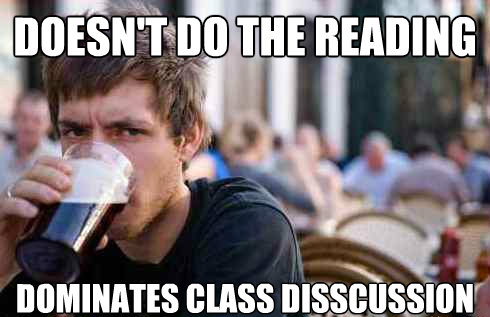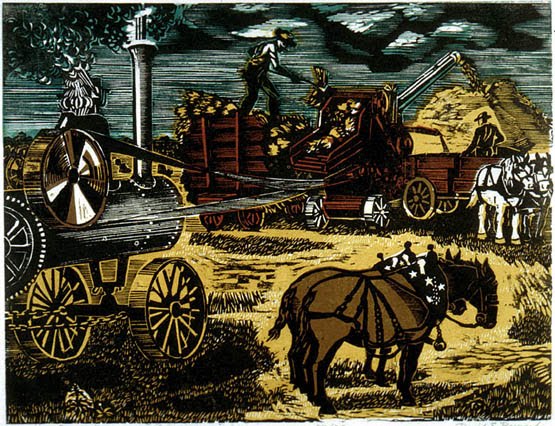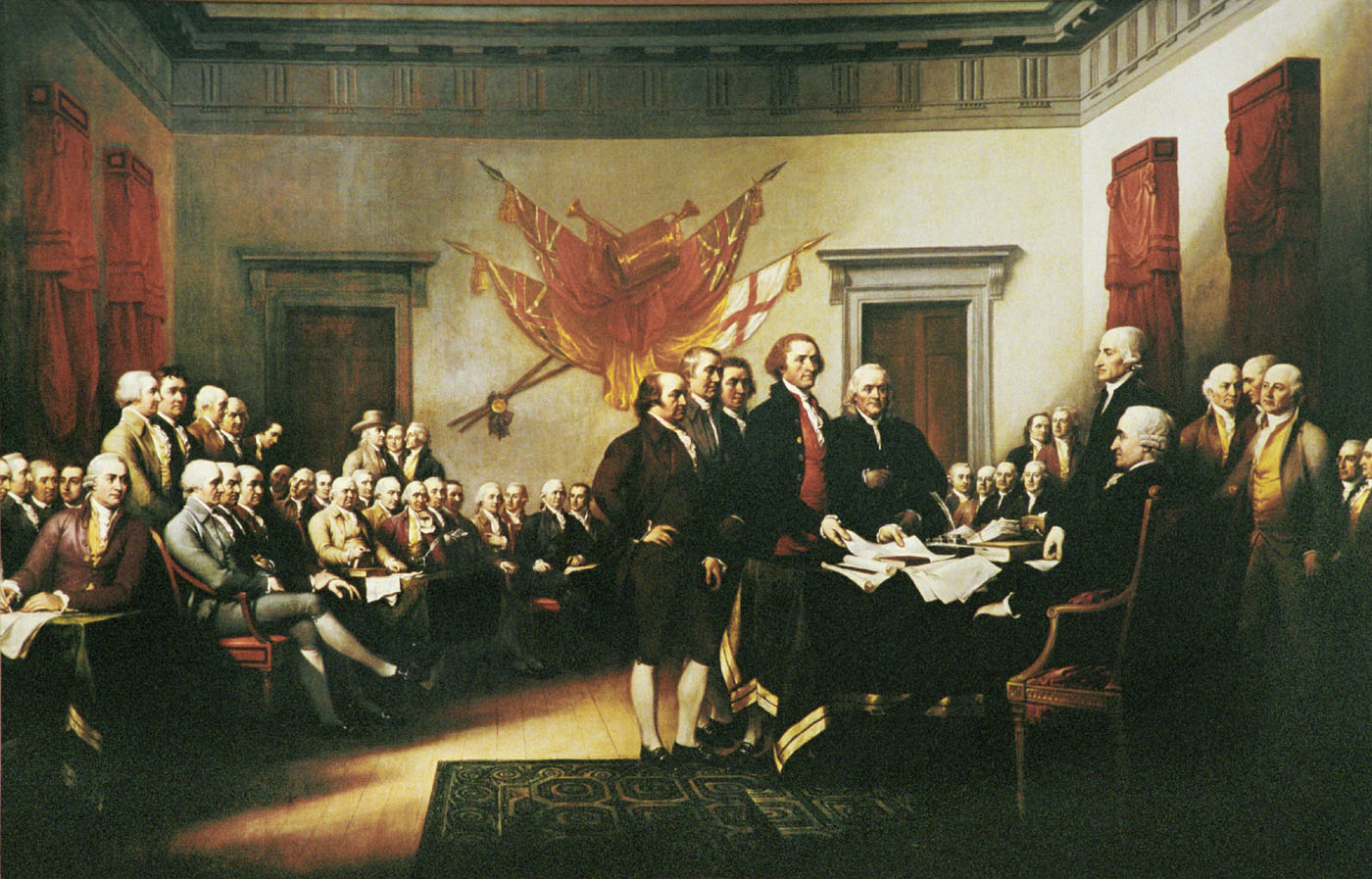Citations for the works of literature that I mentioned:
The Open Boat by Stephen Crane:
Baym, Nina, and Robert Levine. The Norton anthology of American literature. New York, N.Y: W, 2013. 584-600. Print.
The Build A Fire by Jack London:
Baym, Nina, and Robert Levine. The Norton anthology of American literature. New York, N.Y: W, 2013. 628-639. Print.
The Goophered Grapevine by Charles Wadell Chesnutt:
Baym, Nina, and Robert Levine. The Norton anthology of American literature. New York, N.Y: W, 2013. 458-465. Print.
How To Tell A True War Story by Tim O' Brien:
Tim O' Brien, "How to Tell a True War Story," in Paula Geyh, et al., eds., Postmodern American Fiction: A Norton Anthology (New York: W. W. Norton, 1998), 174-183
The Jungle by Upton Sinclair:
Sinclair, Upton. Jungle, the. New York, NY: Fine Creative Media, 2013.
















